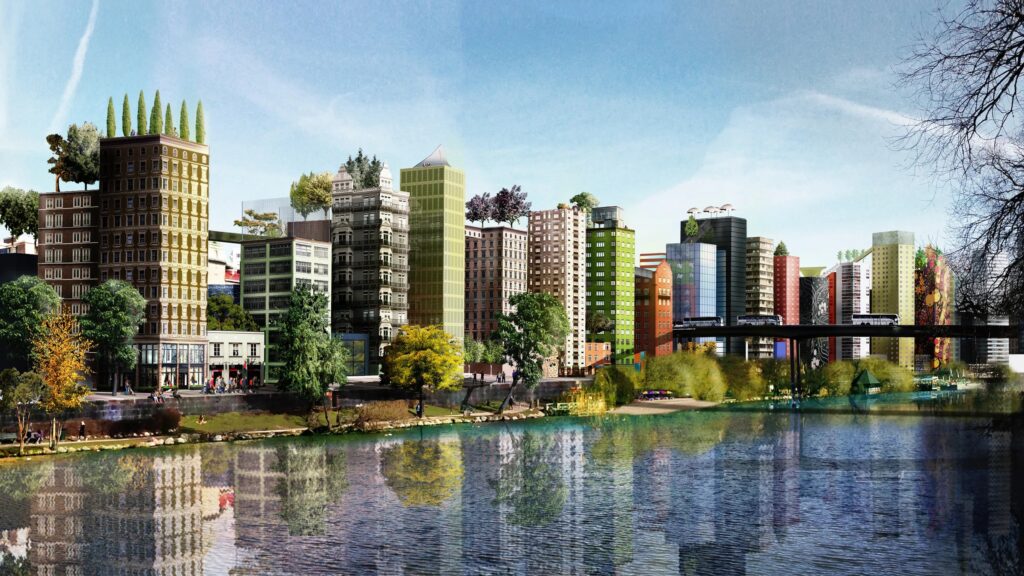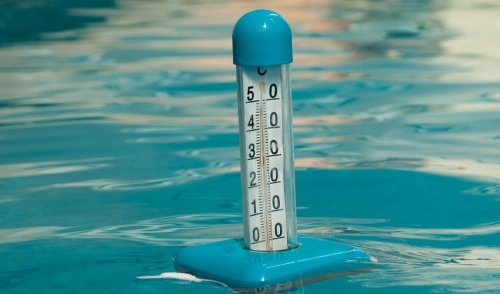
As urbanization accelerates across India, high-rise apartments are becoming increasingly popular. While these buildings offer various amenities and efficient use of space, maintaining clean water storage poses unique challenges. Ensuring the quality of water in high-rise apartments is crucial for the health and well-being of residents. Here are some effective tips and solutions for maintaining clean water storage in these residential complexes.
1. Regular Tank Maintenance
One of the primary steps to ensure clean water storage is regular maintenance of water tanks. Owners should schedule routine inspections and cleanings of overhead and underground tanks at least twice a year. During these cleanings, sediment buildup, algae, and potential contaminants should be removed. Hiring professional services with expertise in tank maintenance can enhance the effectiveness of this process.
2. Water Filtration Systems
It is essential to regularly test the quality of stored water to detect any possible contaminants. Reverse osmosis (RO) systems or UV filters can effectively eliminate impurities, harmful bacteria, and viruses. Residents are encouraged to think about utilizing point-of-use filtration systems for their drinking and cooking water. Additionally, ensuring that these systems are regularly serviced is vital for maintaining their effectiveness.
3. Monitoring Water Quality
It is crucial to conduct frequent testing of the quality of stored water in order to identify any potential contaminants. Residents can use simple testing kits available in the market to check for parameters such as pH, turbidity, and the presence of harmful microorganisms. For more comprehensive testing, engaging local health departments or water quality testing labs can provide accurate insights and necessary actions.
4. Safe Plumbing Practices
The plumbing system plays a crucial role in preserving the quality of water. Using corrosion-resistant pipes and regularly inspecting the plumbing can prevent contamination. It’s essential to ensure that all connections, joints, and valves are leak-proof. Residents should also avoid using lead-based pipes, as they can leach harmful substances into the water supply.
5. Roof and Rainwater Harvesting
Incorporating rainwater harvesting systems can supplement water supply and promote sustainability. By installing proper filtration and storage mechanisms, rainwater can be collected, treated, and used for non-potable purposes such as gardening and toilet flushing. This not only conserves municipal water but also minimizes the burden on existing storage facilities.

6. Proper Ventilation and Temperature Control
Water containers have the potential to foster bacteria if they are not adequately ventilated. Ensuring adequate ventilation helps maintain a stable temperature, preventing the growth of algae and bacteria. Moreover, keeping water tanks covered can reduce exposure to sunlight, which contributes to bacterial growth.
7. Resident Education
Educating residents about water conservation and hygiene practices can greatly enhance water quality. Workshops or informational pamphlets can be distributed to raise awareness about the importance of clean water storage. Topics could include the importance of not throwing waste into water tanks, ensuring lids are secure, and reporting leaks or contamination promptly.
8. Professional Water Management Services
Engaging professional water management services can ensure that all best practices are followed. These services can conduct regular maintenance, quality testing, and system upgrades. They can also provide tailored solutions specific to the needs of high-rise apartments, thus ensuring compliance with local regulations and standards.
9. Regulatory Compliance
It’s important for apartment management to stay informed about and comply with local regulations regarding water quality and safety. Regular audits and inspections can help identify potential issues early on and ensure that the building meets health and safety standards. This proactive approach can prevent costly remediation efforts later.
Conclusion
Ensuring clean water storage in high-rise apartments in India requires a multifaceted approach that combines regular maintenance, modern technology, and community involvement. By implementing these strategies, residents can significantly enhance their quality of life and ensure a sustainable water supply for future generations. Through awareness, proactive measures, and the cooperation of residents and management, the goal of clean, safe water storage can be achieved effectively.


